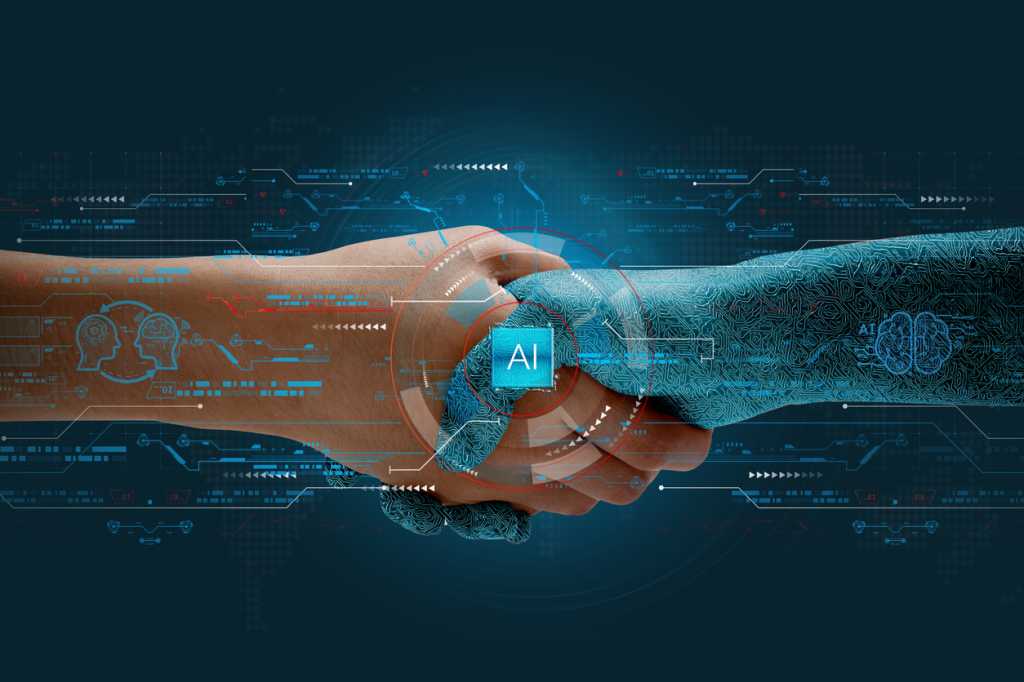We live in an era of unprecedented technological advancement, where artificial intelligence (AI) is rapidly reshaping the world around us. Machines are now capable of performing tasks that were once thought to be the exclusive domain of humans, from generating music and poetry to diagnosing diseases and driving cars. What’s more, with the rise of agentic AI, Gartner predicts that at least 15% of day-to-day work decisions will be made autonomously by 2028, a significant leap from virtually none in 2024. This revolution is transforming industries, redefining job roles and fundamentally altering the way we live, work and interact with each other.
Consider the ways AI is already improving our daily lives. In the workplace, AI is automating mundane tasks, allowing employees to focus on more strategic and meaningful work. It’s personalizing learning experiences, providing tailored recommendations and support to students of all ages. In healthcare, AI is helping doctors diagnose diseases earlier and more accurately, leading to better patient outcomes. And in our personal lives, AI is powering our homes, recommending entertainment and connecting us with loved ones across the globe.
This rapid evolution of AI presents us with both immense opportunities and profound challenges. While AI has the potential to solve some of the world’s most pressing problems, it also raises fundamental questions about our own humanity. As machines become increasingly intelligent, how do we preserve what makes us uniquely human? How do we ensure that AI serves humanity, and not a world where we are in service to AI systems?

